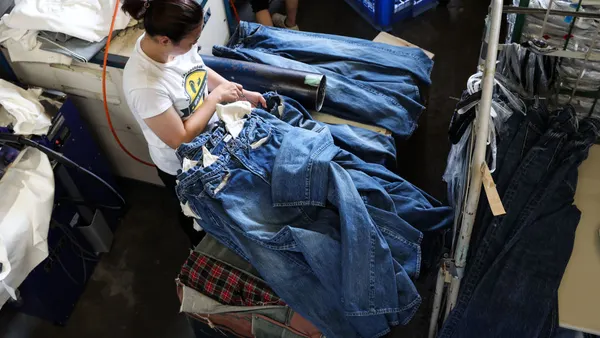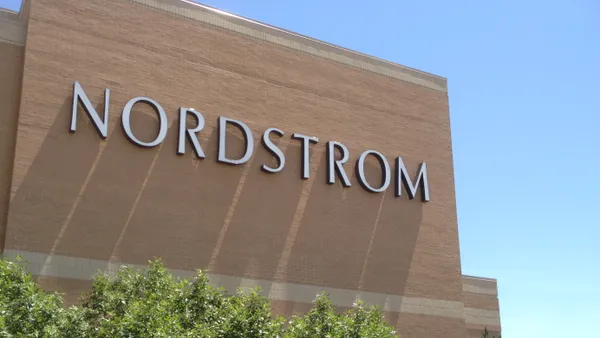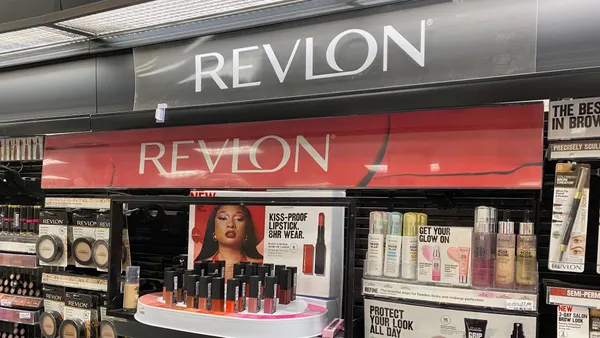Dive Brief:
- H&M will accept all garments already produced or in production from suppliers, the retailer confirmed in an email to Supply Chain Dive. The Daily Star first reported the news. The retailer has paused all future orders not yet in production, according to the statement.
- "We will stand by our commitments to our garment manufacturing suppliers by taking delivery of the already produced garments as well as goods in production. We will of course pay for these goods and we will do it under agreed payment terms. This is in accordance with our responsible purchasing practices and not only the case in Bangladesh, but in all production countries," reads the statement.
- Garment factories in Bangladesh alone have seen nearly $3 billion in orders canceled as of March 31, according to the Bangladesh Garment Manufacturers and Exporters Association (BGMEA), not including orders that have or will be refused as they arrive at retailers' warehouses for delivery.
Dive Insight:
Before the COVID-19 global pandemic, an apparel retailer accepting orders from its supplier would not be worth noting. But in current market conditions, the move demonstrates a rare level of concern for the health of garment manufacturers.
With so many stores closed around the world, the prevailing advice from apparel supply chain experts is to limit or eliminate incoming inventory until more the future of retail is clearer. But that phenomenon presents a worrying prospect for countries that rely on garment production to sustain their economies — Bangladesh in particular.
"I'm not going to question you on your decisions," said BGMEA President Rubana Huq in a video message directed at apparel companies. "All I'm going to do is I'm going to appeal to your good senses so that you kindly take all your current goods which are under production and which are ready. Please take them, under normal payment terms."
H&M's statement acknowledged the strain manufacturers will feel as the shutdown of retail in major consumer markets reaches them.
"We are well aware that the suppliers, and their employees, are extremely vulnerable in this situation. We are in a close dialogue with several partners and industry stakeholders to see how we can and should support in this difficult situation and we aim for finding a joint industry solution involving several stakeholders," wrote the H&M spokesperson.
Global retailers, such as H&M, Zara and Uniqlo, may fair better through the current extreme shock to demand, because they have not been closing stores and necessarily cutting costs as many U.S. retailers are, Chainge Capital Chairman John Thorbeck told Supply Chain Dive. But, so far, H&M is alone in its commitment. And the same bullwhip effect that causes demand spikes to amplify as they travel up supply chains is at play in the apparel industry.
"If you're at the other end — you're further upstream at the material or the factory level — the degree of effect is multiples of what is felt at the front line. And so you're really in a situation where you're blind to demand ... It's just a shorthand way of saying that the impact of risk and uncertainty is not equal," Thorbeck said.














